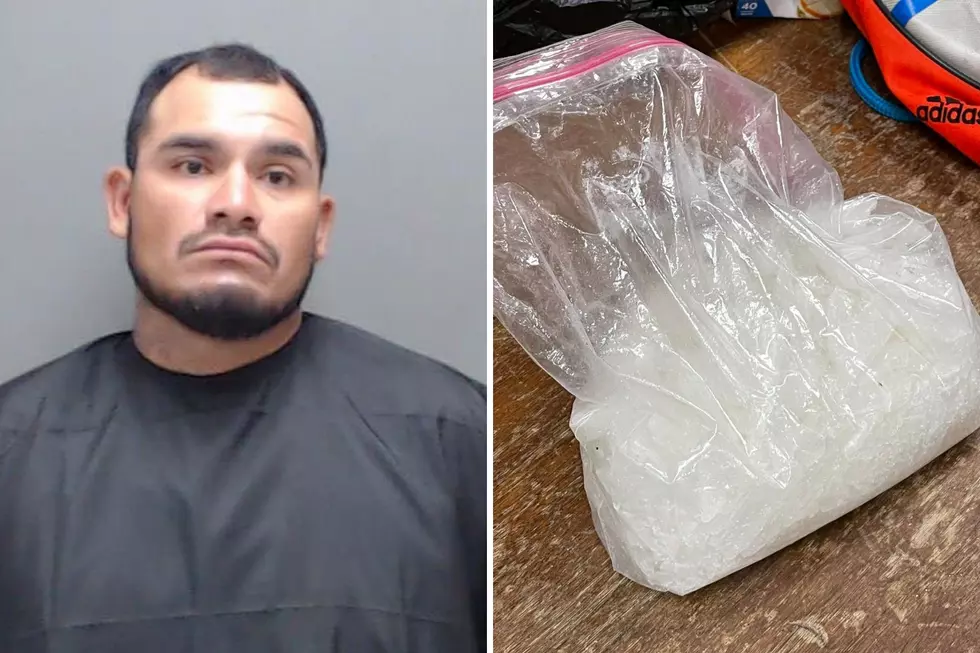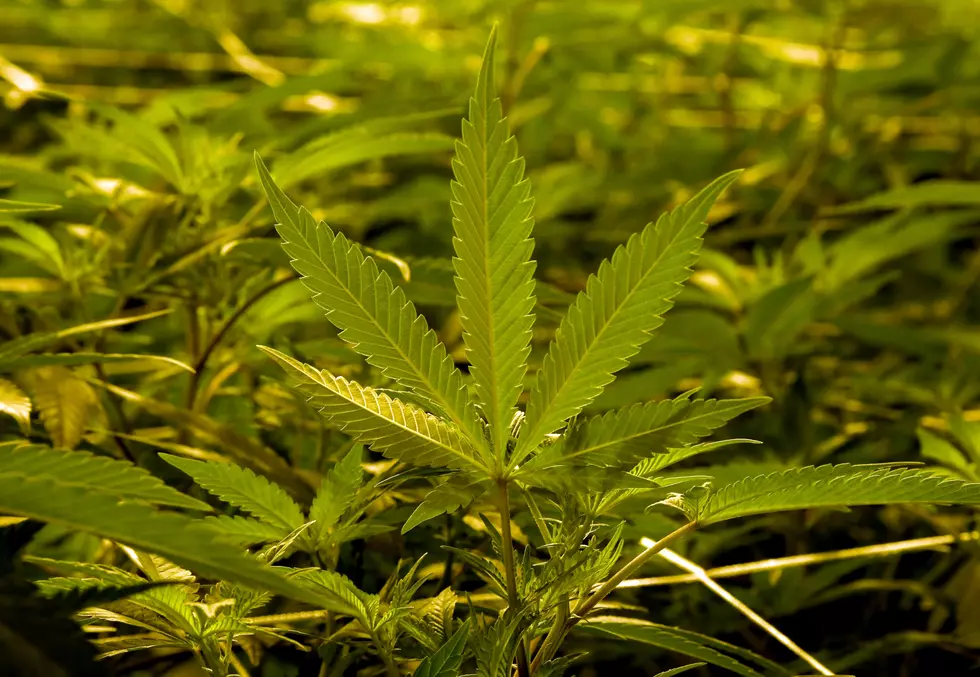
What is Kratom and Why Does the DEA Want to Ban It?
Ah, drugs. A subject where people always have calm and reasonable discourse.
The U.S. Drug Enforcement Agency is putting a new drug called Kratom on the Schedule I list, putting it alongside heroin and marijuana. So what's the deal with this little leaf, and why is it so dangerous?
Kratom is officially known as mitragyna speciosa and it's related to the coffee family of plants. It can be an odd little drug, being both an opiate and a stimulant. Most controversially, it doesn't show up in standard drug screens. (There are tests for it, but they aren't the same as you would have to take for a job interview, for instance.)
The drug is found in the leaf of the plant and is either ground up for a pill or to be smoked or is brewed in a tea.
The effects of kratom come on rather quickly and last between five and seven hours, although high doses can last longer.
Kratom is heavily promoted as a legal, undetectable, safe drug that can be used to come off stronger drugs. It is not yet illegal in the US but the breakdown products of kratom can be detected with some drug tests. Because of its legality, the drug tends to be more popular among young people who cannot yet buy alcohol and who may be concerned about being arrested with weed or other drugs. -- narconon.org
At low doses, it's a stimulant. At high doses, it's a sedative. And most people are using it for recreational use, though some people are using it as an effective painkiller. Side effects include edginess, nervousness, vomiting, nausea, swearing, itching, constipation, delusions, lethargy, respiratory problem, tremors, aggressive behavior, psychotic episodes, paranoia, hallucinations.
Or maybe none of those. Depends on the person.
There are disagreements over whether or not it is addictive. Again, it depends on who's info you're reading. In fact, many claim you can use the drug to OVERCOME addiction, and in fact, that's been one of its main usages for years. The DEA claims there is no legitimate medical use for the drugs. Though, at the same time, there isn't exactly an overwhelming amount of scientific study into the drug for us to know.
Has it ever killed people? Well -- again, there's controversy. Kratom users have died, but many say there's no proof that kratom was the only thing they had taken, since so much of the usage takes place in less-developed nations. In the last two years, 15 people have died from kratom use in America. (Around 88,000 people a year die from alcohol-related issues, for perspective.)
Hasty and ill-considered, the claim that kratom is an imminent public health and safety threat is enough to make you wonder whether they are getting high on their own supply over at the DEA. Indeed, policy experts seem to overwhelmingly agree that this knee-jerk measure will only worsen the current heroin and opiate epidemic in America by forcing many kratom users to turn to more dangerous and addictive drugs in treating their pain — thus exacerbating a legitimate public health crisis. -- Salon.com
So far, public pressure has backed the DEA off their ban. If they do finally pull it off, that ban would be in place for at least three years before it could be reconsidered. Some say a ban will drive the drug further into the black market, meaning it could become unsafer as dealers try to cut it with more harmful substances. Though to be fair, that could already be a concern. A ban would also hinder further research into the drug.
The main takeaway from all of this is that you should know as much as you can about this drug before you start taking it, and if you do (since it's totally legal as of the start of October 2016), you should feel really confident about the source of what you're taking.
More From The Basin's Classic Rock




![Free Beer & Hot Wings: Group Protests Welfare Drug Testing by Sending Lawmakers Urine Sample Cups [Video]](http://townsquare.media/site/43/files/2015/01/137327293.jpg?w=980&q=75)
![Free Beer & Hot Wings: Woman Arrested For DUI After Drinking Vanilla Extract [Video]](http://townsquare.media/site/43/files/2014/11/RS2673_95410716-scr1.jpg?w=980&q=75)

